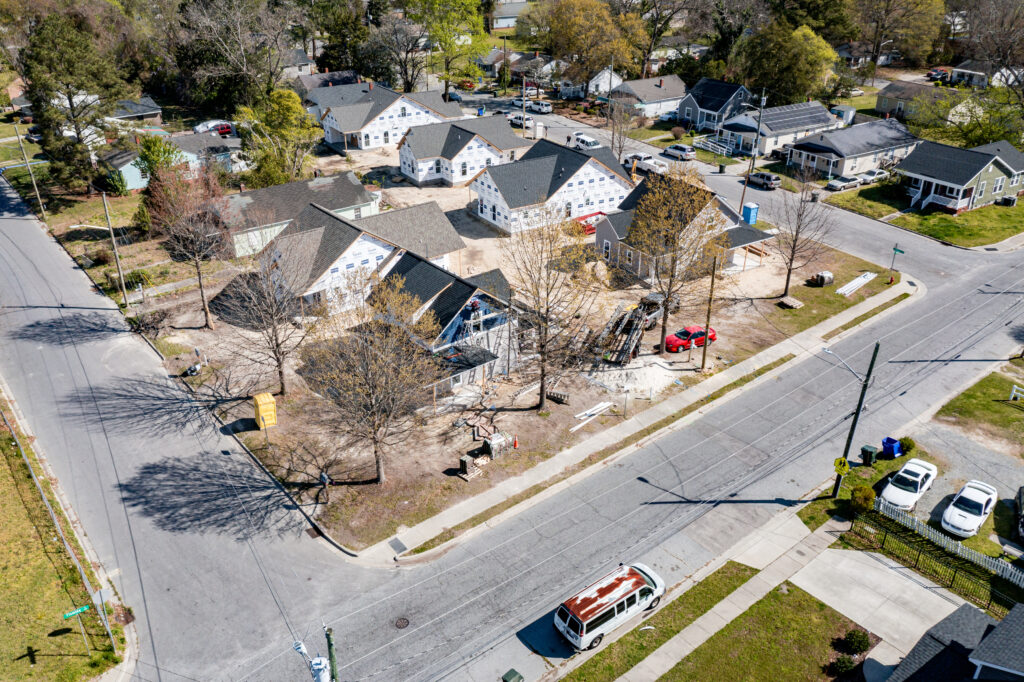There are several proposals that would help emerging in the North Carolina General Assembly this year.
By Denzel D. Burnside III
N.C. Housing Table

Every day, I hear from people across North Carolina—teachers, small business owners, young professionals, and retirees—who feel like the ground is shifting under their feet. They’re working hard, raising families, planning futures.
But there’s one constant obstacle standing in their way: housing.
New statewide polling from Differentiators Data confirms what so many of us already know from experience. Eighty-one percent of North Carolina voters agree that the average person simply cannot find a home they can afford to rent or buy.
This crisis isn’t confined to one region or demographic—it’s being felt across age groups, income levels, and political parties. In fact, a staggering 86 percent of voters between 30-40 years old say housing costs are impacting their ability to reach other financial goals, like saving for retirement, starting a family, or buying a first home.
I see this data as a call to action—not just for lawmakers, but for all of us. Because housing isn’t just about where we sleep at night. It shapes everything: our health, our job opportunities, our stability, and our children’s futures. Without a safe, affordable place to live, everything else — education, economic growth, even community belonging — starts to unravel.
What’s striking is how united North Carolinians are when it comes to solutions. Across party lines, the survey showed that voters strongly support practical steps to increase housing access:
- 83% support turning empty strip malls and office buildings into apartments near jobs and transit
- 78% support allowing accessory dwelling units (ADUs) like backyard cottages and garage apartments
- 85% believe homeowners should have the right to choose the design of their homes without burdensome regulation
There’s good news on this front. The General Assembly is currently considering bills that would streamline permitting and reduce red tape; legalize accessory dwelling units or ADUs, smaller dwellings typically on a single family home property; allow adaptive reuse of commercial properties—like converting vacant strip malls and offices into housing; and modernize zoning laws to allow more housing near jobs, among other possible reforms.
It’s clear that voters are frustrated with the status quo. Sixty-eight percent say local governments are making it too hard to find housing the average person can afford. And three-quarters believe that property owners—not neighborhood bureaucracies like HOAs—should decide what gets built on their land.
More than 760,000 new homes are needed in North Carolina over the next five years with our natural growth rate and with all those moving to the state, we can’t wait to act.
We need statewide action that opens the door for more housing choices and the reforms outlined here would do just that— speeding up permitting, reducing red tape, and modernizing zoning laws.
Housing is the foundation for everything. If we want a North Carolina where our children can thrive, our seniors can age in place, and our communities can grow equitably, we must treat this as both a crisis and a policy priority.. Now is the time to turn data into decisions. Our voters have spoken. Are our leaders ready to listen?

Denzel Burnside III is the executive director of NC Housing Table, a coalition of groups working to create more housing choices. Find out more at www.NCHousingTable.org.